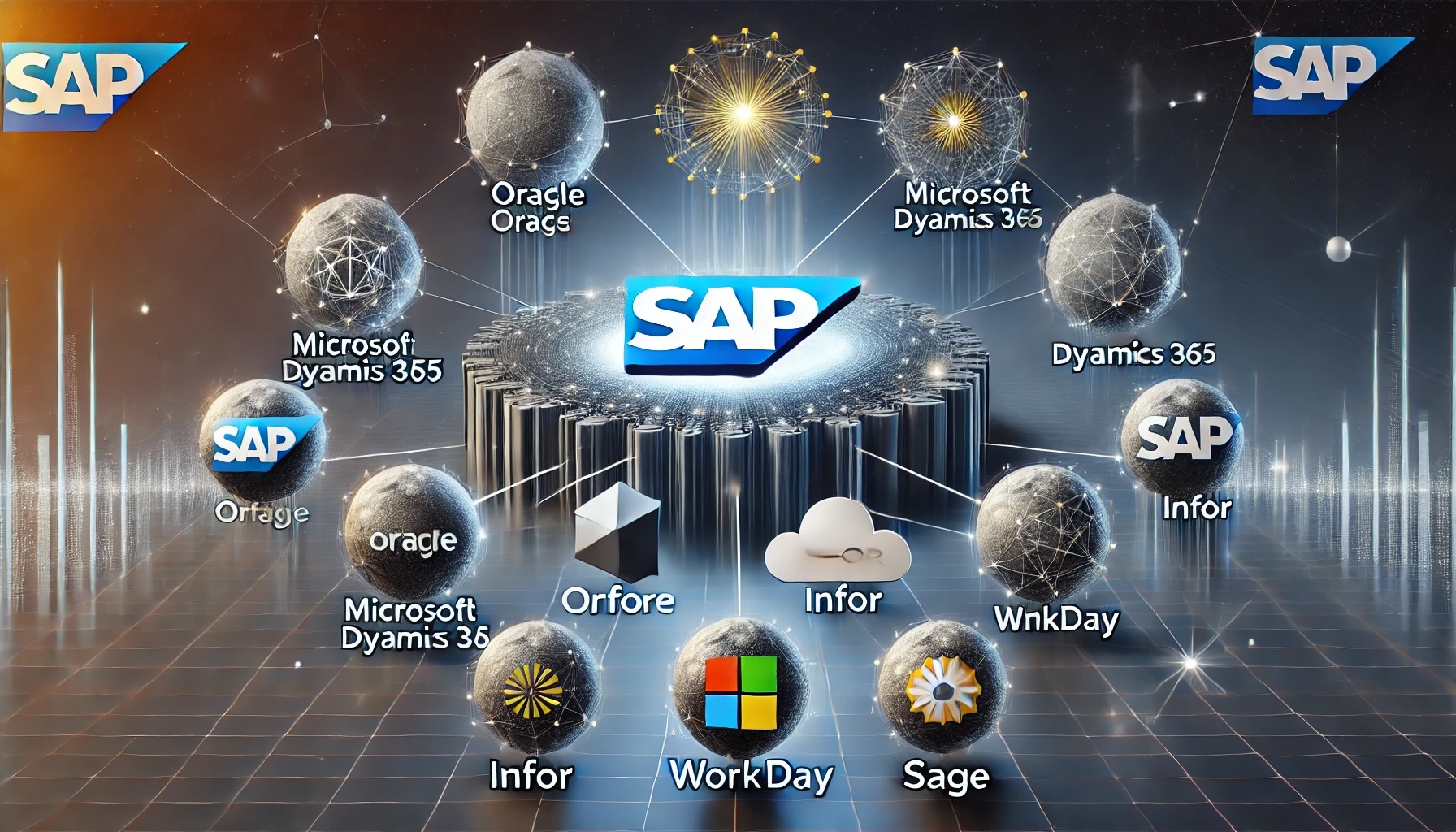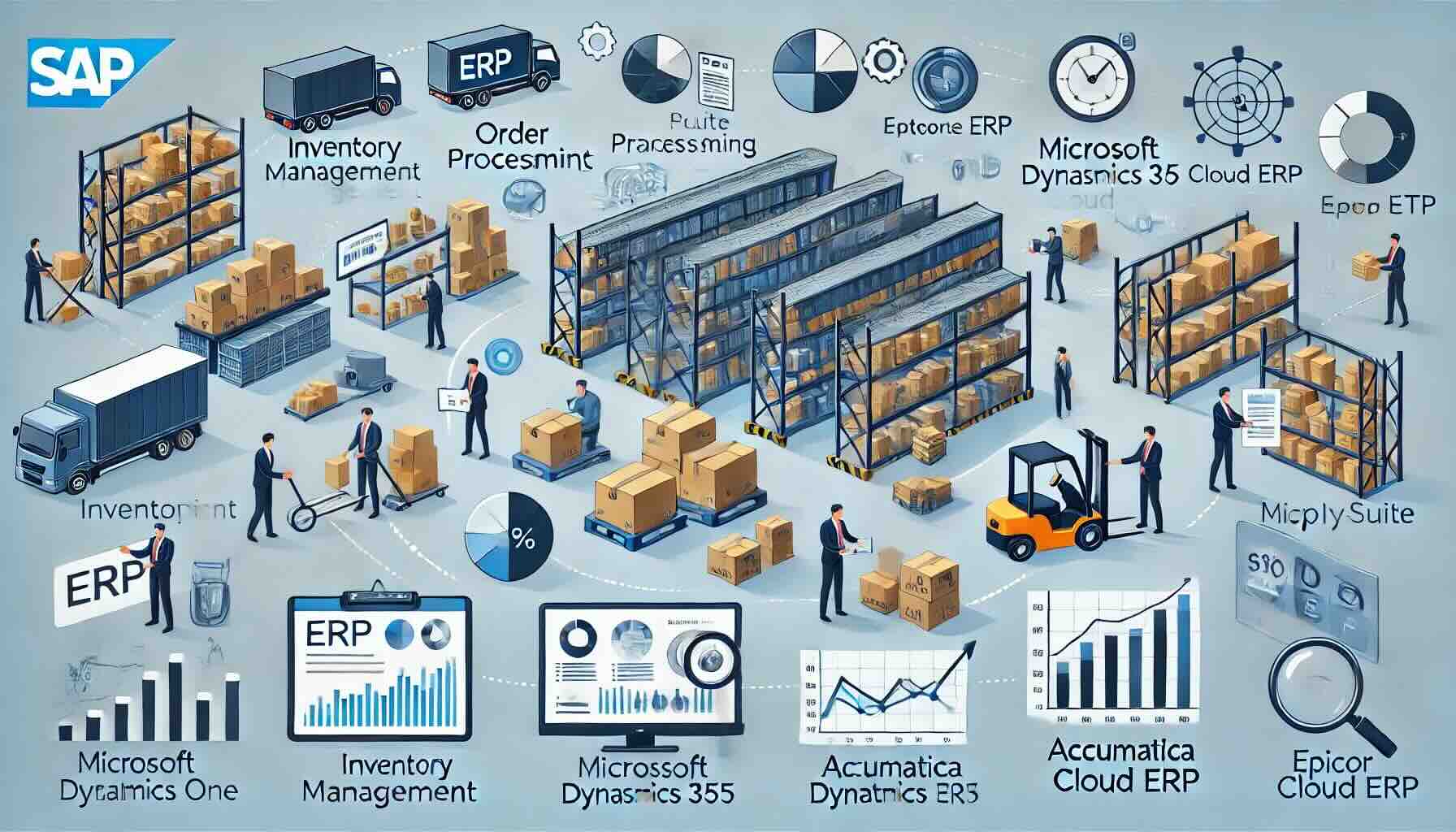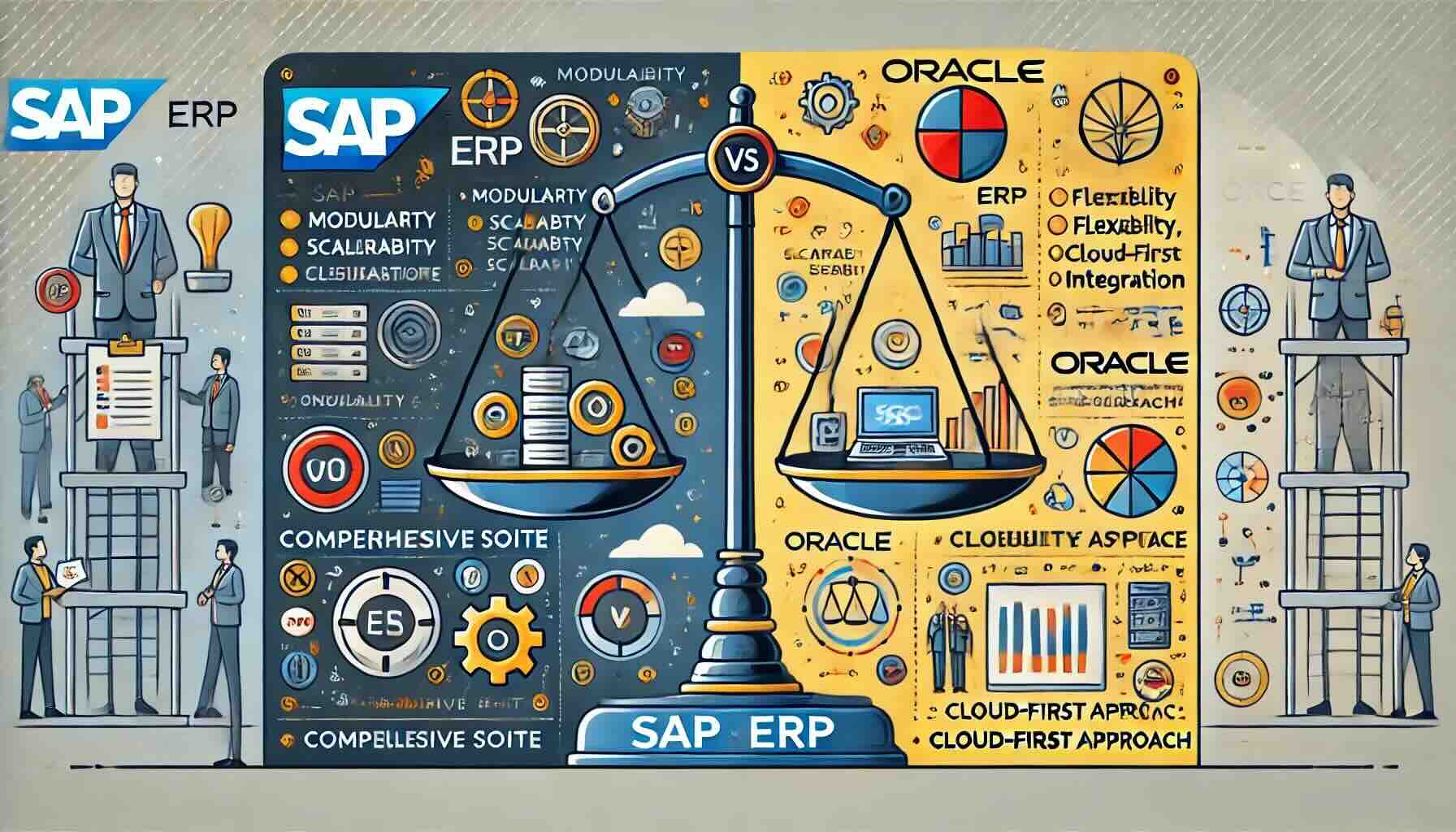Is Certinia the Best ERP for Professional Services?

In the dynamic world of professional services, businesses often face unique challenges related to project management, billing, resource allocation, and customer relationship management (CRM). The ability to streamline these operations is critical for success. Enterprise Resource Planning (ERP) systems play a key role in addressing these needs, offering an integrated solution to improve efficiency and decision-making. Among the many ERP solutions available, Certinia, formerly known as FinancialForce, has emerged as a popular option, especially within the professional services sector. But is Certinia truly the best ERP for professional services? In this article, we’ll explore its features, benefits, and how it stacks up against other ERP systems.
What is Certinia?
Certinia is a cloud-based ERP solution built on the Salesforce platform, designed specifically for services businesses. Its integration with Salesforce gives it a strong advantage, allowing organizations to leverage Salesforce’s extensive CRM functionalities alongside core ERP tools. Certinia offers a suite of modules, including Professional Services Automation (PSA), financial management, and revenue recognition, all of which are essential for managing a professional services business.
Certinia primarily serves industries such as IT services, consulting, legal services, and engineering, where the emphasis is on delivering projects and services rather than tangible products. It brings together project management, billing, customer relationships, and resource optimization, which are crucial for businesses operating in these fields.
Key Features of Certinia for Professional Services
Certinia provides a variety of features that make it particularly attractive to the professional services industry. Below are some of the most notable functionalities:
1. Professional Services Automation (PSA)
Certinia’s PSA module is arguably its most valuable tool for professional services firms. This module provides end-to-end project management capabilities, including:
- Project planning and management: Certinia allows users to easily create, manage, and monitor projects. Gantt charts, project timelines, and task assignment features help project managers stay on top of deliverables and deadlines.
- Resource management: Optimizing the use of human resources is critical for profitability in professional services. Certinia’s resource management tools allow businesses to allocate staff based on skills, availability, and project needs, maximizing billable hours.
- Time tracking and billing: Time tracking is essential for any service-based business. Certinia enables accurate time tracking and automated billing, ensuring clients are invoiced properly and promptly.
2. Financial Management
Certinia’s financial management module includes powerful tools for handling accounting, revenue recognition, and financial reporting. It enables businesses to:
- Automate revenue recognition: Certinia automates the process of recognizing revenue according to various accounting standards, reducing manual work and the risk of errors.
- Create detailed financial reports: Robust reporting features allow finance teams to generate detailed financial statements, helping businesses make informed decisions based on real-time data.
- Manage expenses: Expense management and procurement features ensure that all costs are tracked accurately and integrated seamlessly with project budgets and billing.
3. Integration with Salesforce
Certinia’s deep integration with Salesforce is one of its major selling points. For businesses already using Salesforce for CRM, Certinia provides a unified platform that combines customer data, financials, and project management. This integration eliminates data silos and fosters collaboration across teams, enabling sales, project management, and finance to work together more efficiently.
4. Analytics and Reporting
Certinia includes robust analytics and reporting capabilities that allow businesses to track key performance indicators (KPIs) related to project delivery, resource utilization, profitability, and financial health. With its Salesforce foundation, Certinia offers powerful customization options for reports and dashboards, giving companies a detailed view of their operations.
Advantages of Certinia for Professional Services Firms
Certinia offers several key advantages that make it a strong contender for the best ERP system for professional services:
- Customization and scalability: Certinia’s cloud-based infrastructure and Salesforce integration make it highly customizable. Whether your business is small or enterprise-level, Certinia can scale to meet your needs.
- End-to-end solution: Certinia provides a comprehensive suite of tools that professional services firms require, from project management to financials, all within a single platform.
- Real-time data access: The real-time nature of Certinia’s reporting tools ensures that business leaders have access to up-to-date data, allowing for quick and informed decision-making.
- Improved collaboration: The Salesforce integration enables better collaboration across teams, with customer data seamlessly flowing between CRM, project management, and financial systems.
How Certinia Compares to Other ERP Solutions
While Certinia excels in many areas, it’s important to compare it to other ERP solutions on the market to determine if it is the best fit for your organization.
1. NetSuite
NetSuite is one of the most widely used cloud ERP systems, offering a broad range of features similar to Certinia, including project management, financials, and resource planning. However, NetSuite is a more general-purpose ERP system, which may mean that its features are not as finely tuned to the specific needs of professional services businesses as Certinia’s PSA and project management tools are. That said, NetSuite has a larger user base and a long track record, which some businesses may find reassuring.
2. SAP Business ByDesign
SAP Business ByDesign is another ERP solution that caters to professional services firms. It offers advanced project management features, but SAP’s complex setup and higher implementation costs can be a barrier for small to medium-sized firms. Certinia, on the other hand, is built on the more user-friendly Salesforce platform, which may make it easier to adopt and use for teams already familiar with Salesforce.
3. Microsoft Dynamics 365
Microsoft Dynamics 365 offers strong financial management and CRM integration, similar to Certinia. However, its project management features are not as comprehensive as Certinia’s PSA module. Businesses that prioritize project-based work might find Certinia to be a better fit due to its focused features for managing service delivery.
Conclusion: Is Certinia the Best ERP for Professional Services?
Certinia stands out as one of the best ERP solutions for professional services firms, especially those that prioritize project management and resource optimization. Its strong integration with Salesforce, robust PSA features, and real-time financial management capabilities make it a compelling choice for businesses in consulting, IT, legal services, and engineering.
However, whether Certinia is the best ERP for your business depends on your specific needs. Firms already using Salesforce and those looking for a highly customizable, scalable solution will find Certinia to be an excellent fit. Still, it’s essential to compare it with other ERP systems like NetSuite, SAP, and Microsoft Dynamics to ensure it aligns with your business’s long-term goals and operational requirements.
Ultimately, for professional services firms looking for a comprehensive, project-focused ERP, Certinia offers a powerful solution tailored to their needs. To find out more about Certinia click this link.
To compare Certinia with 100s of other ERP solutions, you can use our new AI-powered Compare ERP tool. It’s free to use and you get a guaranteed discount on your first year’s licence fees with a referral from Compare ERP.









